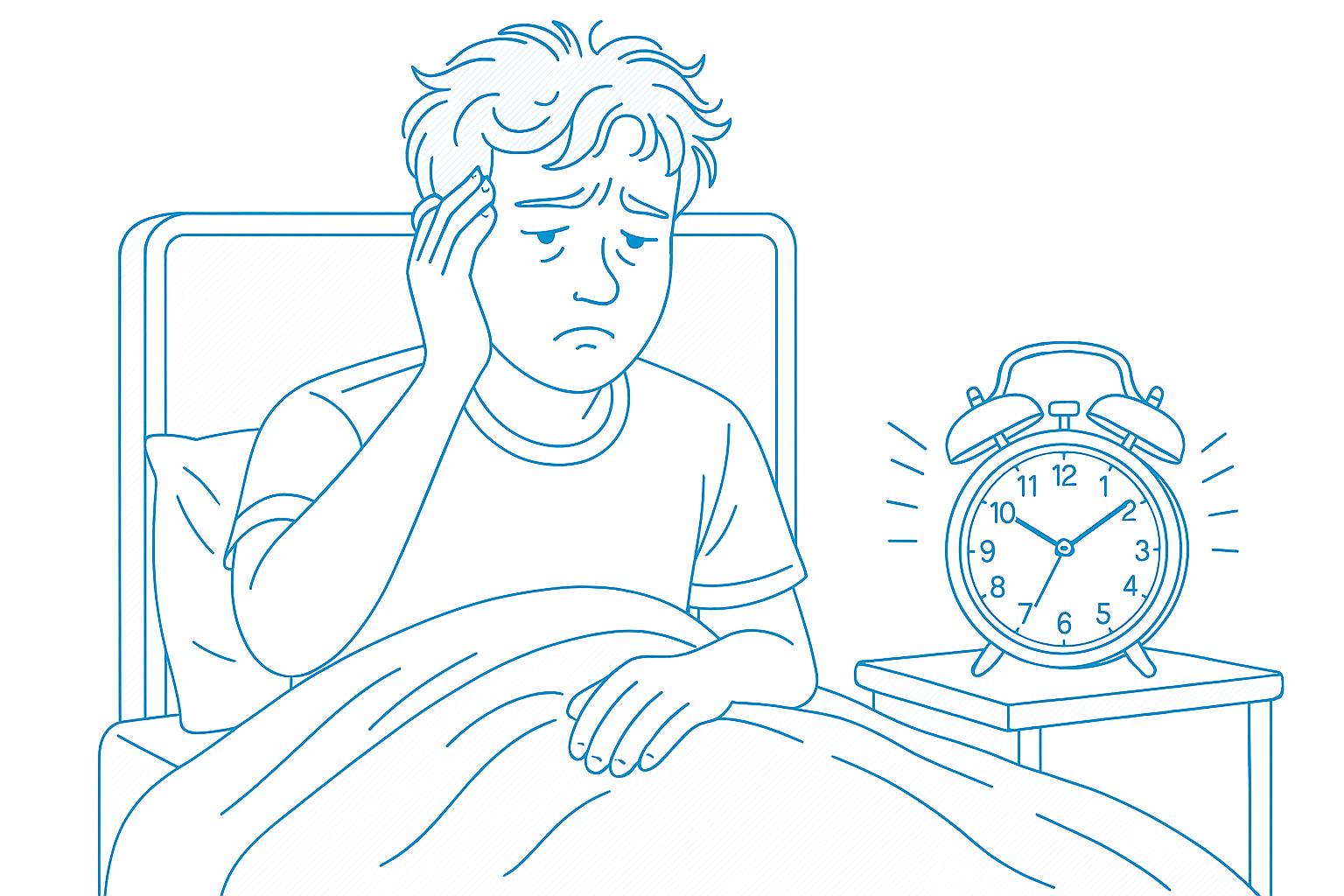
Sleep inertia is the groggy feeling you experience when you wake up, making it hard to feel alert and focused right away. It usually happens when you wake up from deep sleep, and it can last for a few minutes to half an hour.
If you wake up from a deep sleep and find it difficult to get out of bed or concentrate on your morning routine, you’re experiencing sleep inertia.
Sleep inertia often manifests as a period of grogginess and confusion immediately after waking, where you may feel disoriented and struggle to fully engage with your surroundings. This state can also include impaired cognitive function, making it hard to think clearly or react quickly.
To alleviate sleep inertia, try exposing yourself to bright light, engaging in physical activity, or drinking water to help wake up your body and mind. Gradually adjusting your sleep schedule and ensuring adequate rest can also minimize its effects.
While sleep inertia itself is not a symptom of ADHD, individuals with ADHD may experience heightened sleep inertia due to irregular sleep patterns or sleep disturbances, which can exacerbate their symptoms. It's important to consult a healthcare professional for a comprehensive evaluation.
Sleep drunkenness, or confusional arousal, is characterized by prolonged confusion upon waking, often accompanied by automatic behaviors, disorientation, and difficulty recalling the episode. Symptoms can range from mild confusion to more severe reactions, including agitation or physical actions.
Browse our selection of sleep products and find the right solution for your needs.
Shop Sleep Products